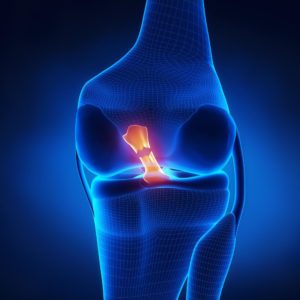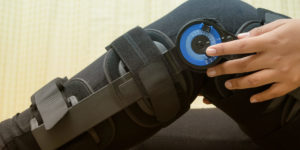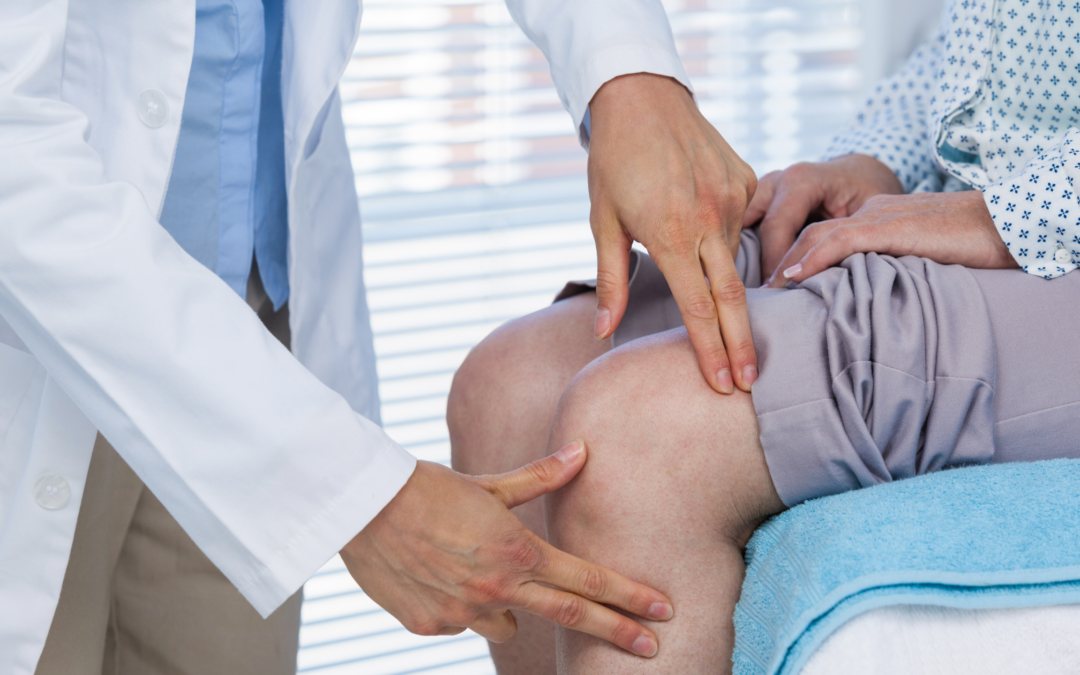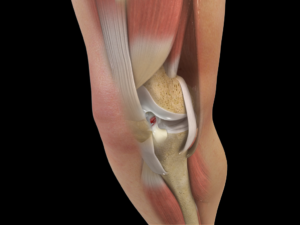 If you’ve ever played a high octane, fast paced sport like basketball or football, than it is likely that you or either someone you were playing alongside with was the victim of an ACL tear. While tearing your ACL is primarily an occurrence taking place among high school and collegiate athletes, it can happen to anyone and it is vitally important to know the signs that you’ve torn your ACL (anterior cruciate ligament) to ensure no serious or permanent damage is done to the connective tissue.
If you’ve ever played a high octane, fast paced sport like basketball or football, than it is likely that you or either someone you were playing alongside with was the victim of an ACL tear. While tearing your ACL is primarily an occurrence taking place among high school and collegiate athletes, it can happen to anyone and it is vitally important to know the signs that you’ve torn your ACL (anterior cruciate ligament) to ensure no serious or permanent damage is done to the connective tissue.
What is a torn ACL?
A torn ACL is characterized by a tear or sprain of the anterior cruciate ligament – one of the major ligaments located in your knee. ACL injuries most commonly occur during contact sports that involve sudden stops or changes in direction, as well as jumping and landing. Good examples include soccer, basketball, football and downhill skiing.
While undoubtedly resulting in a great deal of pain for the victim, a torn ACL is most infamous for being accompanied by a “pop” sound emanating from the kneecap of the injured individual during the accident. Other tell tale signs that you’ve torn your ACL are:
- Rapid swelling
- Loss of range of motion
- A feeling of instability or “giving way” with weight bearing
While every one who is moderately active is at risk of a torn ACL, there are subsects of individuals who represent a higher risk for ACL tear than others.
Those at risk for ACL tear
- Females— possibly due to differences in anatomy, muscle strength and hormonal influences
Participants in sports, such as soccer, football, basketball, gymnastics and downhill skiing - Out of shape individuals
- Those whose shoes don’t fit properly
How to know if your ACL is torn or sprained
Many types of injuries can take place to your ACL, and they are normally broken down into two categories; a torn ACL and a sprained ACL.
Sprained ACL
A sprained ACL exhibits more mild symptoms that normally subside after 10 days. The symptoms for a sprained ACL includejoint or muscle pain, inflammation, hampered movement, tenderness and bruising.
Torn ACL
 Symptoms of a torn ACL are much more pronounced, as they are incredibly painful and last much longer than a simple sprain. Symptoms of a torn ACL include intense pain, inflammation, bruising and result in ankle instability, often making it difficult and painful to walk.
Symptoms of a torn ACL are much more pronounced, as they are incredibly painful and last much longer than a simple sprain. Symptoms of a torn ACL include intense pain, inflammation, bruising and result in ankle instability, often making it difficult and painful to walk.
When Should You See a Doctor for an ACL Tear?
Seek treatment from your doctor immediately if any knee injury causes popping noises or other indications of an ACL injury to see how severe the injury is and to receive prompt, proper, and effective treatment.
Great Lakes Orthopaedics explores nonsurgical treatment options whenever possible. When surgery is necessary, we offer the latest, state-of-the-art procedures including arthroscopic ACL repair surgery, which allows for better outcomes and faster recovery times. Call our number at (734) 422-8400 or fill out the form on this page today to make an appointment.





